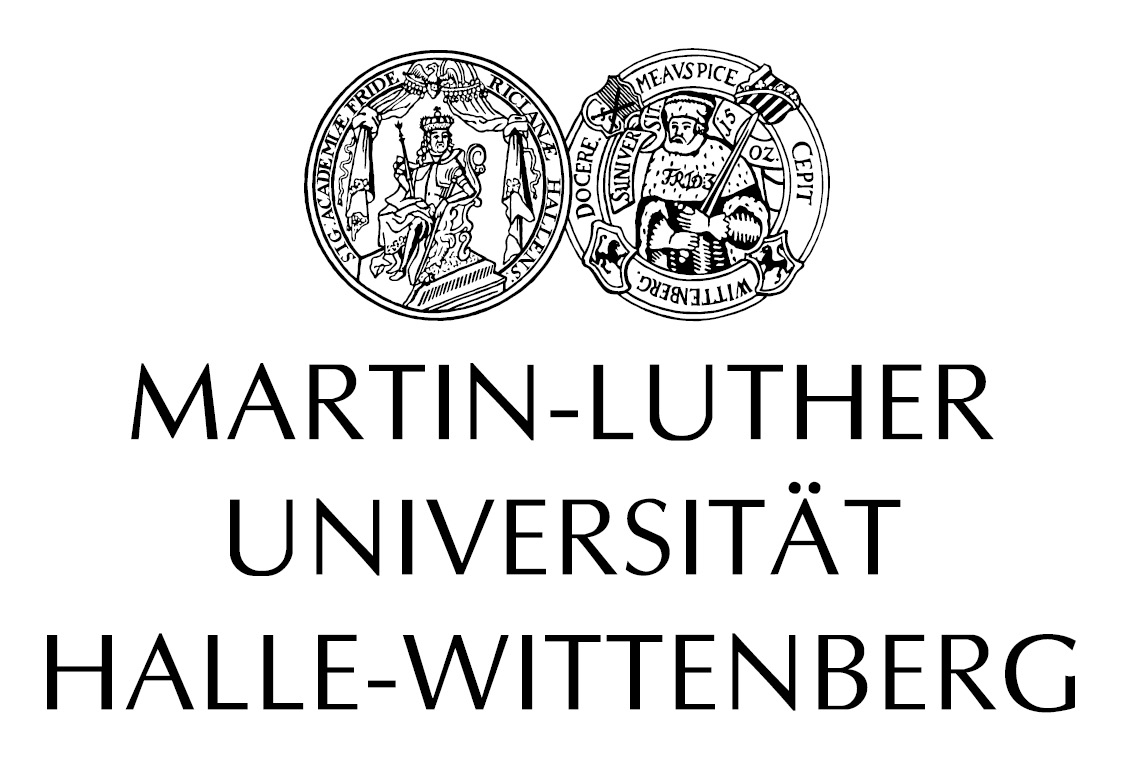Halle Plant Science Colloquium
presented by Ute Armbruster (MPI of Molecular Plant Physiology, Golm, Regulation of Photosynthesis)
Date: 16 February, 2021
Time: 3:30 pm to 5:00 pm
Location: Online (Zoom), ID 989 4337 8438, PW: 543125
Web-link: https://mpimp-golm-mpg-de.zoom.us/j/98943378438[…]
Abstract: In nature, sunlight availability for plant photosynthesis can vary drastically. Strong fluctuations in light energy are caused by clouds and shading leaves moving with the wind. In high light phases, photosynthesis is protected by non-photochemical quenching (NPQ). The main plant component of NPQ, the energy-dependent quenching (qE), dissipates excess absorbed light energy harmlessly as heat. qE is triggered by low lumenal pH. In low light phases, a rapid qE downregulation is required for high quantum yield of photosynthesis. Previously, we could show that in Arabidopsis thaliana, proton export from the lumen by the thylakoid K+/H+ efflux antiporter KEA3 accelerates the downregulation of NPQ after transitions to low light and thereby transiently increases CO2 fixation rates. In my talk, I will show that KEA3 activity is regulated via a C-terminal domain. This domain inactivates KEA3-mediated K+/H+ antiport in high light and thereby protects photosystem II from photo-oxidative damage. Plants expressing a de-regulated KEA3 variant, lacking the C-terminal domain, however, show increased CO2 assimilation rates during photosynthetic induction. Together, the data reveal a trade-off between long-term photoprotection and a short-term boost in carbon fixation rates, which is under the control of the KEA3 C-terminus. Additionally, I will report on our recent characterization of KEA3 function under near-natural and natural light environments.
Background literature:
Armbruster, U., Correa Galvis, V., Kunz, H.H., Strand, D.D. (2017) The regulation of the chloroplast proton motive force plays a key role for photosynthesis in fluctuating light. Current Opinion in Plant Biology 37, 56-62.
Armbruster, U., Correa-Galvis, V., Strand, D.D., Quinn, E.H., Jonikas, M.C. and Niyogi, K.K. (2016). Regulation and levels of the thylakoid K+/H+ antiporter KEA3 shape the dynamic response of photosynthesis in fluctuating light. Plant Cell Physiology 57, 1557-67.
Armbruster, U., Carrillo, L.R., Venema, K., Pavlovic, L., Schmidtmann, E., Kornfeld, A., Jahns, P., Berry, J.A., Kramer, D.M., Jonikas, M.C. (2014) Ion antiport accelerates photosynthetic acclimation in fluctuating light environments. Nature Communications 5, 5439.
The Halle Plant Science Colloquium (HPSC) is an interdepartmental colloquium of Institutions of the Martin-Luther-University working on any aspect of functional plant biology.
Interested in plant science? – Find more HPSC events listed here: https://www.landw.uni-halle.de/prof/pflanzenernaehrung/hpsc/


